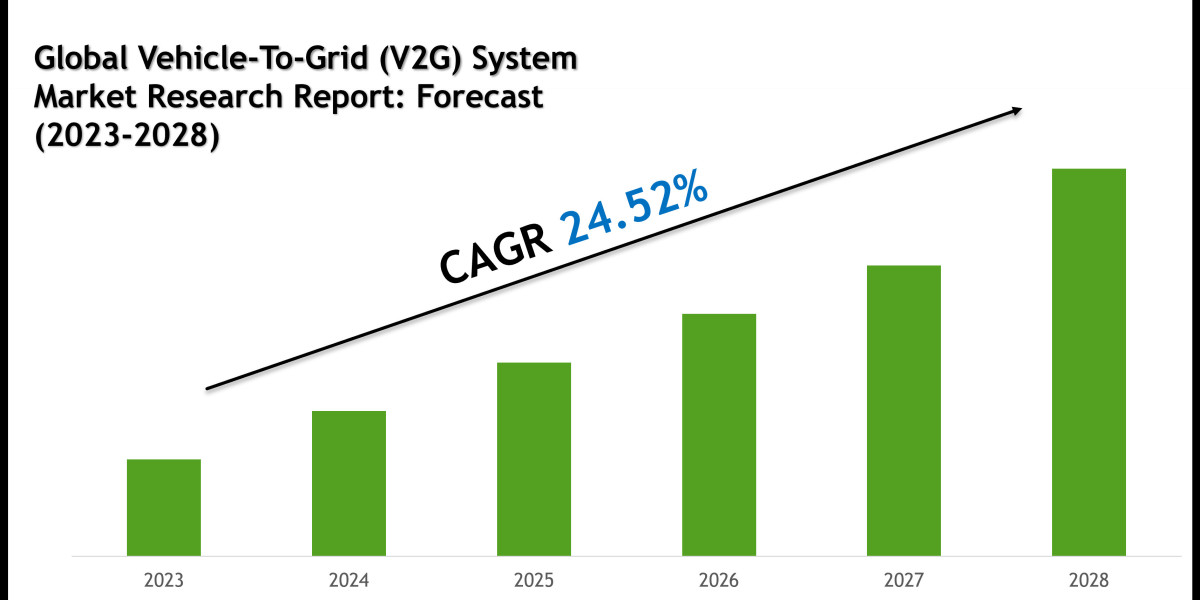✅ Pros of Buying a Home
1. Building Equity
When you buy a home, every mortgage payment you make increases your ownership stake in the property. Over time, this builds equity—a valuable asset that can help fund other goals, such as retirement or education.
2. Long-Term Investment
Real estate generally appreciates over time. While market fluctuations occur, homes often increase in value in the long run. Buying a home can be a smart financial investment if you plan to stay for several years.
3. Stability and Control
Homeownership offers a sense of permanence and stability. You don’t have to worry about landlords raising the rent or asking you to move. You also have full control over your property—renovate, remodel, or decorate however you like.
4. Tax Benefits
In many countries, homeowners can deduct mortgage interest and property taxes from their income taxes, reducing their overall tax burden.
5. Predictable Monthly Costs
With a fixed-rate mortgage, your principal and interest payments stay the same throughout the life of the loan. This makes budgeting easier compared to renting, where landlords can increase rent over time.
❌ Cons of Buying a Home
1. High Upfront Costs
Buying a home requires a substantial initial investment. Down payments, closing costs, inspections, and moving expenses can add up quickly.
2. Ongoing Maintenance
Homeownership comes with responsibilities. From leaky faucets to roof repairs, you’re in charge of maintaining and repairing everything—often at a significant cost.
3. Property Taxes and Insurance
You’ll need to pay annual property taxes and homeowners insurance, which can vary greatly depending on your location and the value of your home.
4. Less Flexibility
Owning a home ties you to one location. If you get a new job or want a change of scenery, selling your home and moving isn’t as easy or fast as ending a lease.
5. Market Risk
Real estate doesn’t always go up. If the market dips and you need to sell, you could lose money or even owe more than your home is worth.
✅ Pros of Renting a Home
1. Lower Upfront Costs
Renting usually requires only a security deposit and the first month’s rent. This is significantly less than the upfront costs of buying a home.
2. No Maintenance Worries
Your landlord is typically responsible for maintenance and repairs. If the water heater breaks or the roof leaks, you won’t be the one footing the bill.
3. More Flexibility
Renting allows for easier moves. Whether you’re changing jobs or exploring different neighborhoods, it’s easier to relocate when your lease ends.
4. Access to Amenities
Many rental properties include amenities like swimming pools, gyms, and security features that might be too expensive to afford if you owned the property.
5. No Property Tax or HOA Fees
As a renter, you don’t have to worry about paying property taxes, homeowners association (HOA) fees, or home insurance.
❌ Cons of Renting a Home
1. No Equity Buildup
Monthly rent payments go to your landlord and do not help you build equity or ownership. Over time, that’s a lot of money spent with no return.
2. Rent Increases
Landlords may raise rent when your lease is up. Over time, rent can become more expensive than a fixed mortgage.
3. Limited Control
You usually can’t make major changes to your rented space, and you’ll need permission for even minor improvements. You're also bound by rules set by the landlord or property management.
4. Uncertainty
Your landlord could decide to sell the property or not renew your lease, forcing you to move unexpectedly.
5. Fewer Tax Benefits
Unlike homeowners, renters don’t receive any tax deductions for rent payments.
? Buying vs Renting: A Side-by-Side Comparison
| Factor | Buying a Home | Renting a Home |
|---|---|---|
| Upfront Costs | High (down payment, fees) | Low (deposit, first month’s rent) |
| Monthly Costs | Mortgage, taxes, insurance | Rent, utilities |
| Maintenance | Homeowner’s responsibility | Landlord’s responsibility |
| Flexibility | Low | High |
| Equity | Builds over time | No equity |
| Control Over Home | Full | Limited |
| Tax Benefits | Available | Limited |
| Stability | High | Depends on lease |
? So, Should You Buy or Rent?
Here are a few key questions to ask yourself:
How long do you plan to stay? If it’s less than 3-5 years, renting may make more sense.
Are you financially ready? Can you afford a down payment, closing costs, and ongoing maintenance?
Do you value flexibility? Renting gives you the freedom to move easily.
Do you want to build long-term wealth? Buying helps you build equity and offers potential appreciation.
? Final Thoughts
Buying a home offers long-term financial benefits and stability but comes with higher costs and responsibilities. Renting, on the other hand, provides flexibility and lower upfront expenses but doesn’t build equity or offer as much control.
Whether you rent or buy, the key is to choose what best fits your current lifestyle and future goals. Make sure to weigh the pros and cons carefully before making this major life decision.
Important Links
Tampines Street 95 EC Developer
Tampines Street 95 EC Project Details
Tampines Street 95 EC Location
Tampines Street 95 EC Site Plan
Tampines Street 95 EC
Tampines Street 95 Executive Condo
Tampines Street 95 Executive Condominium
Tampines Street 95 EC Project Details








